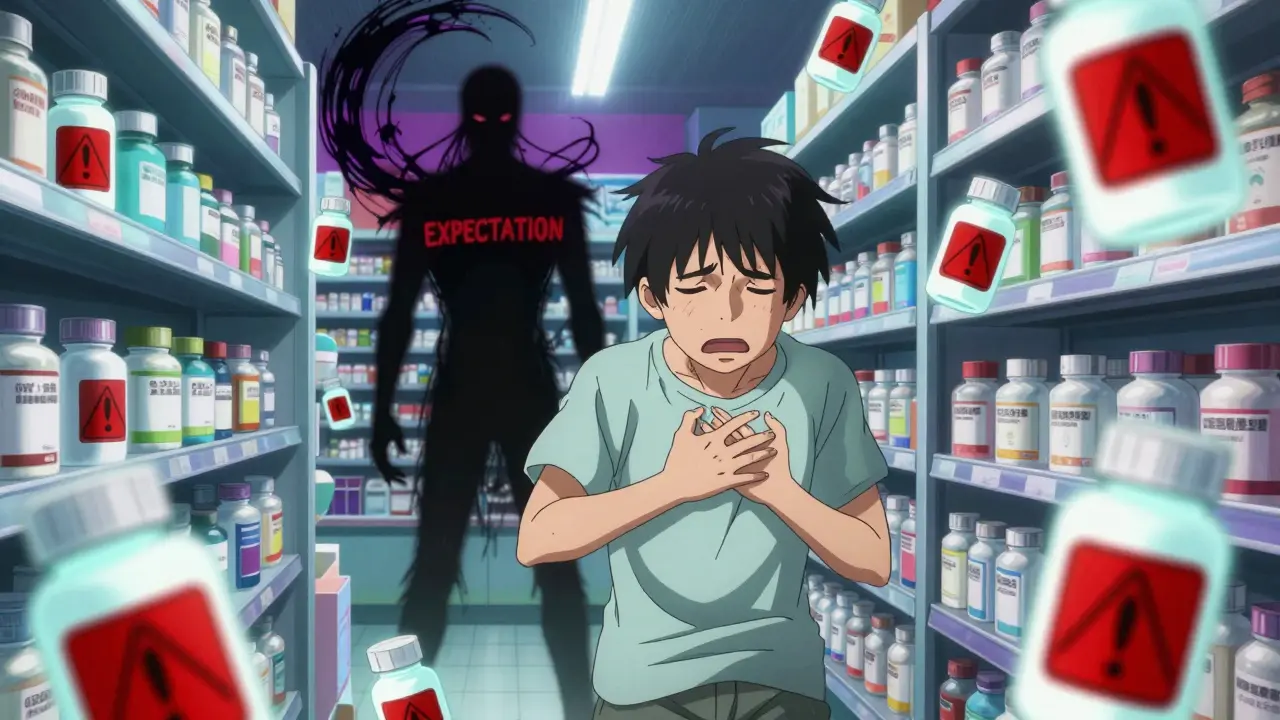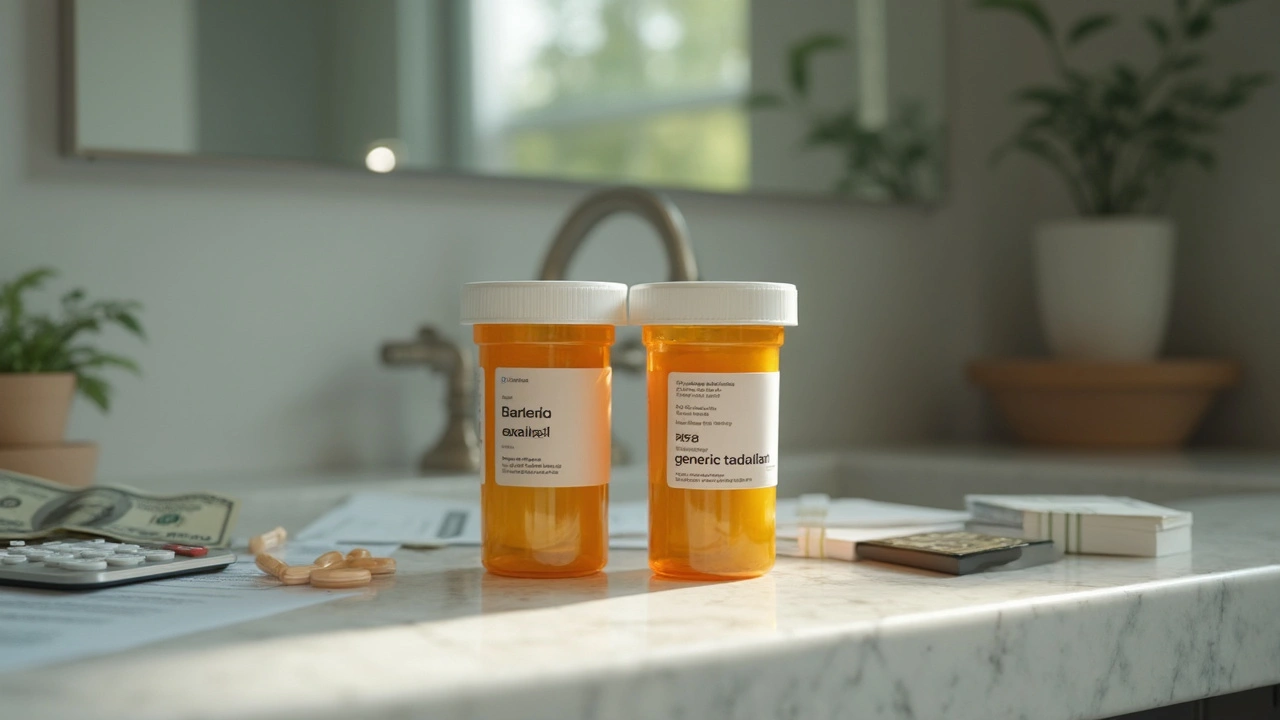Brand vs Generic Drugs: What You Need to Know
When you pick up a prescription, you’ll often see two names on the label: a brand name and a generic name. The brand name is what the drug was marketed under when it first hit the market, while the generic name is the official, non‑proprietary name. Both contain the same active ingredient, but many people wonder if they work the same and why the price can be so different.
First off, the active ingredient is identical. The FDA requires generic drugs to match brand drugs in strength, dosage form, route of administration, safety, and intended use. In other words, a generic version of a blood‑pressure pill delivers the same amount of medication to your body as the brand version.
Are Generic Drugs as Good as Brand?
Yes, for most people. Generic drugs undergo rigorous testing to prove they are bioequivalent, meaning they reach your bloodstream at nearly the same rate and extent as the brand. The tiny differences you might notice—like shape, color, or inactive fillers—don’t affect the core treatment. In rare cases, a patient might react to an inactive ingredient, so it’s always worth checking with your pharmacist if you have allergies.
Insurance plans also prefer generics because they’re cheaper. When a doctor writes a prescription, the pharmacy usually dispenses the generic unless you specifically request the brand. If a brand is medically necessary—say, an inhaler that requires a particular device—the doctor can note that, and the pharmacy will follow.
Saving Money without Compromising Care
Price is the biggest driver behind choosing generics. A brand name pill can cost three to ten times more than its generic counterpart. That price gap often comes from the research, marketing, and patent protection a company enjoys for the brand. Once the patent expires, other manufacturers can produce the same drug, driving prices down.
Here are a few tips to keep costs low:
- Ask your pharmacist if a generic version is available before you leave the store.
- Use a prescription discount card or check if your insurance has a preferred generic list.
- If you’re on a chronic medication, talk to your doctor about switching to a generic that fits your budget.
Don’t let price alone dictate the choice. If you’ve been stable on a brand drug for years and your doctor says switching isn’t an issue, trying a generic could save you a lot of money. On the other hand, if a brand drug works better for you because of the delivery device or a unique formulation, that might justify the higher cost.
Bottom line: generics are safe, effective, and a smart way to stretch your medication budget. The key is to stay informed, ask questions, and involve your healthcare team in the decision. Whether you stick with a brand or switch to a generic, the goal is the same—getting the right treatment without breaking the bank.

Nocebo Effect: How Negative Expectations About Generic Medications Hurt Your Health
Negative expectations about generic medications can trigger real physical symptoms-even when the drug is identical to the brand-name version. Learn how the nocebo effect impacts health, costs billions, and what you can do about it.
Categories: Medications
15

Generic vs Brand: Tadalafil Price & Bioequivalence Breakdown
Ever wondered if generic tadalafil works just as well as the big-name brands like Cialis, but for less money? This guide digs into the differences that actually matter: real-world savings, lab-proven bioequivalence, and what that means for your body and your wallet. You'll find practical tips, the science behind generics, and which generic tadalafil competitors are out there. If you're torn between generics and branded pills, this is the clear, facts-based read you need.
Categories: Health
10
